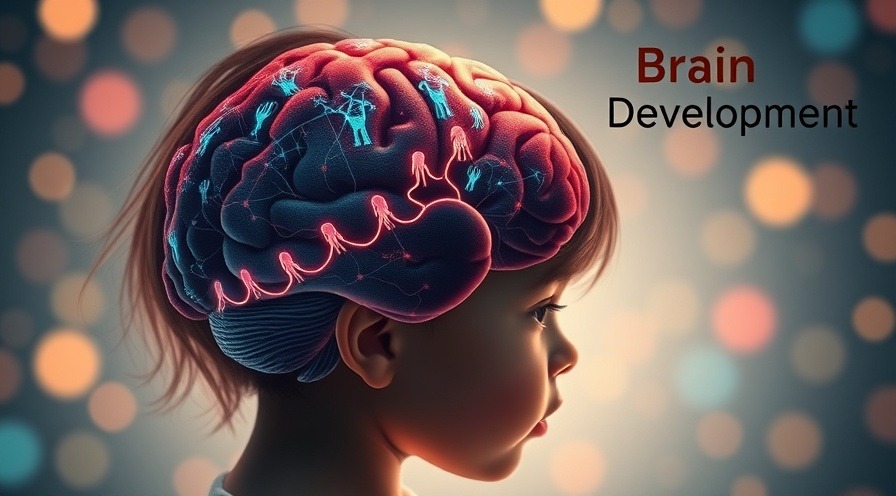
Understanding the Link Between Stress and Stroke Risk in Young Women
In an alarming revelation for younger women, a recent study has shed light on how chronic stress might significantly elevate stroke risk, specifically among females aged 18 to 49. Conducted by researchers at Helsinki University Hospital, this study indicated that moderate stress levels corresponded to a staggering 78% increased risk of stroke in women, a phenomenon not observed in male participants. While these findings do not establish causation, they highlight a critical area for health awareness and intervention.
Why Stress Affects Women Differently
The disparity between male and female responses to stressors could stem from various societal roles and pressures that women often face. Dr. Nicolas Martinez-Majander, the lead researcher, noted that young women frequently juggle work demands with family responsibilities, contributing to heightened chronic stress. This dual burden could explain why the study revealed such stark differences in stress levels and stroke risk between genders. Investigating these unique stressors is vital for understanding and potentially addressing the implications they might have on health outcomes.
How Stress Contributes to Stroke Risk
The participants in the study underwent assessments to evaluate their stress through the Perceived Stress Scale (PSS), and significant differences were noted: those who had suffered a stroke reported higher stress scores than their healthy counterparts. Specifically, 46% of those with strokes identified themselves as experiencing moderate to high stress, compared to only 33% of those without. Chronic stress, recognized as a modifiable risk factor, poses a complex interaction with health, requiring deeper exploration to unravel its mechanisms.
Insights Into Chronic Stress and Health
Chronic stress is known to play a detrimental role in overall health, leading to challenges such as high blood pressure, anxiety, and headaches, in addition to the newfound link with stroke risk. Understanding the nuances of stress allows for the identification of effective stress management techniques that can empower individuals, especially younger women, to take proactive steps toward mental and physical well-being. Practical resources could include mindfulness techniques, relaxation strategies, and time-efficient meditation practices to help mitigate stress in high-pressure environments.
Effective Stress Management Techniques
For busy professionals and working parents, quick stress relief techniques can dramatically influence well-being in high-pressure situations. Techniques such as deep breathing exercises and mindfulness practices are pivotal. Simple yet effective methods can range from spending a moment in deep abdominal breaths to engaging in five-minute mindfulness exercises. These practices not only promote immediate relief but can also contribute to long-term mental health resilience.
Real-Life Strategies to Combat Work-Related Stress
Employers and employees alike benefit from implementing workplace strategies that prioritize mental health. Techniques such as structured breaks, access to counseling resources, or team-building exercises can ease workplace stress. Additionally, cultivating an environment that encourages open conversations about stress can foster a supportive culture where individuals feel valued and understood.
Common Misconceptions About Stress Management
Despite the importance of managing stress, many misconceptions prevail. For instance, some people believe that stress is solely an external phenomenon, forgetting that stress perception varies greatly by individual. Additionally, a common myth is that stress management requires extensive time or elaborate setups; however, integrating brief relaxation techniques into daily routines can be equally effective.
Conclusion: Take Charge of Your Stress
As we delve deeper into the intersection of chronic stress and stroke risk, particularly among young women, it becomes crucial to prioritize mental well-being. By understanding how stress impacts health differently by gender, we open the door to creating tailored strategies for relief and prevention. If you or someone you know is grappling with stress, consider exploring effective mindfulness practices or quick relief techniques to help pave the way to a healthier lifestyle.
 Add Row
Add Row  Add
Add 




 Add Row
Add Row  Add
Add 

Write A Comment